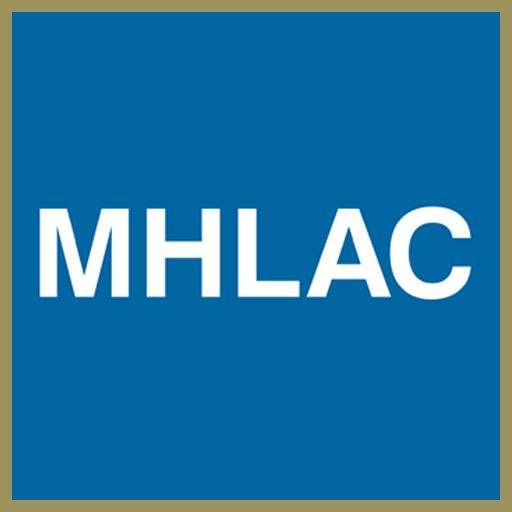Police violence in the United States is detrimental to our mental health. The total lack of compassion evident in the recent killing of Sayed Faisal, in Cambridge, MA, and the brutal murder of Tyre Nichols, in Memphis, TN, are just two examples of the 79 people killed by police in the United States in just the first month of 2023. We express our sadness for the profound grief of the families and communities of Sayed Faisal, Tyre Nichols, and all those who have lost loved ones to police violence.
Many of the most shocking incidents of police killings have involved calls to help persons who, like Mr. Faisal, were in acute mental health crisis. Addressing the myriad problems underlying police violence in our nation presents a daunting challenge, but one area in which substantive change is immediately possible is to replace police with mental health professionals in response to such crises.
Mental Health Legal Advisors Committee stands with all members of our community, near and far, in demanding change. Every person deserves the opportunity to be met with compassion, humanity, and self-determinate assistance whenever they encounter law enforcement, particularly when experiencing a mental health crisis. We are committed to a comprehensive reimagining of what community safety and public health can look like. MHLAC supports comprehensive policing reform and expanded access to mental health services for all, which includes our ongoing work to develop and implement unarmed, non-law enforcement crisis response teams trained to respond constructively to community members experiencing mental health crises.
January 2023

Black lives matter. MHLAC stands in solidarity with those protesting the murders of George Floyd, Breonna Taylor, Ahmaud Arbery and countless others killed by white supremacy. Further, we state our complete abhorrence of the Trump administration’s response: sending federal agents in unmarked vehicles to arrest protestors over the strenuous objection of local governments. The recent report on the racial disparities in Massachusetts’ criminal justice system reminds us of the urgency with which we must address these matters in the Commonwealth.
Justice will never be achieved for those with mental health needs – or anyone else – in a system that perpetuates white supremacy. Racism wreaks damage daily on the mental health of those who must endure it. Many victims of police brutality are people with disabilities, and ableism in addition to racism is a direct cause of their deaths. Half of all those killed by law enforcement officers are people living with a disability. We say their names, too: Sandra Bland, Eric Garner, Freddie Gray, Stephon Watts, Kajieme Powell.
MHLAC recommits to dismantling the structural barriers of racism that block truly equal justice by finding new ways to continue and expand our work in the space where racism and mental health intersect. MHLAC also recommits to examining our own internal biases and will do everything we can to identify and tear down any organizational walls that exist within our own workplace so that we are more inclusive for all.
September 2020

